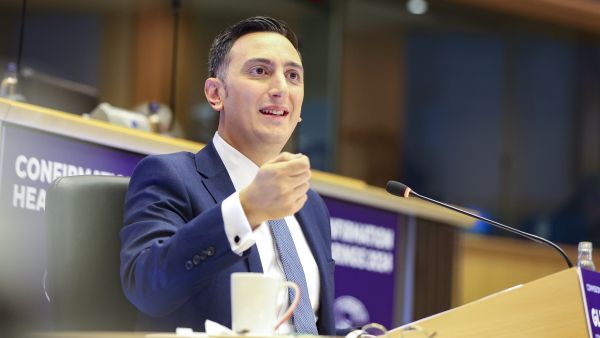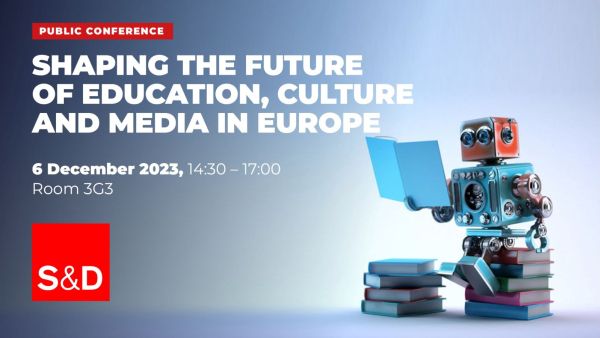Since 2000, the number of children and teenagers who are out of school has dropped by almost 50%. However, despite this tremendous progress, there are still 58 million children out of school globally. Furthermore, conflict remains a steep barrier and children in fragile and conflict-affected situations are nearly three times more likely to be out of school.
Moreover, there is also a trend of schools being the venue of conflicts.
Therefore, what is the current state of access to education in fragile states? How is this right going to be integrated in the new post-2015 global development agenda? What are the alternative solutions to help access to education among children who are victims of an emergency crisis?
These questions have been at the heart of the seminar held by the Socialists and Democrats Group on Tuesday 26 May 2015 in the European Parliament in Brussels.
MEP Linda McAvan, chair of the committee on development of the European Parliament, said:
"In the European Year for Development, when world leaders are deciding on new Sustainable Development Goals, education must be at the centre of our efforts. We must recognise the achievements of the Millennium Development Goals (MDGs) in getting millions more children enrolled in school, but need new ambitious goals matched by concrete financial commitments. One absolute priority is to ensure equal access to education for girls and boys, and that girls have the chance to not just start but finish this education without any fear of violence, abuse or discrimination."
MEP Enrique Guerrero, European Parliament standing rapporteur for humanitarian aid, said:
"The socialists are convinced that education has the power to eradicate poverty, transform lives, and sustain peace and progress. Therefore, education is at the top of the S&D political agenda. That is why as standing rapporteur on humanitarian aid and in light of the first forthcoming World Humanitarian Summit, I will urge that the rules need to be changed on this issue in my report at this event. Education in conflict situations is an investment for the future. However, we must go further and ensure a true linkage between the humanitarian action and our policies for development. We have to create a credible and effective connection of the two processes."
MEP Silvia Costa, chair of the committee on culture and education of the European Parliament, said:
"Despite having been included in the United Nations’ Millennium Development Goals and in the EU’s draft of the Sustainable Development Goals, education of youth and adults in emergency situations has registered a decrease in funding provided by governments and donors since 2010, while the number of users has been increasing not only in refugees’ camps, but also in European countries.
"We need to approach the first Humanitarian Summit in 2016 with investment aimed at improving education for youth in emergency situations, even by using new technologies such as satellites, ICT, mobile networks, internet, Interactive Radio Instruction. All these approaches integrate the long-distance update of teachers, connection of groups and schools, access to online platforms; themes on which the CULT Committee of the European Parliament is working."








